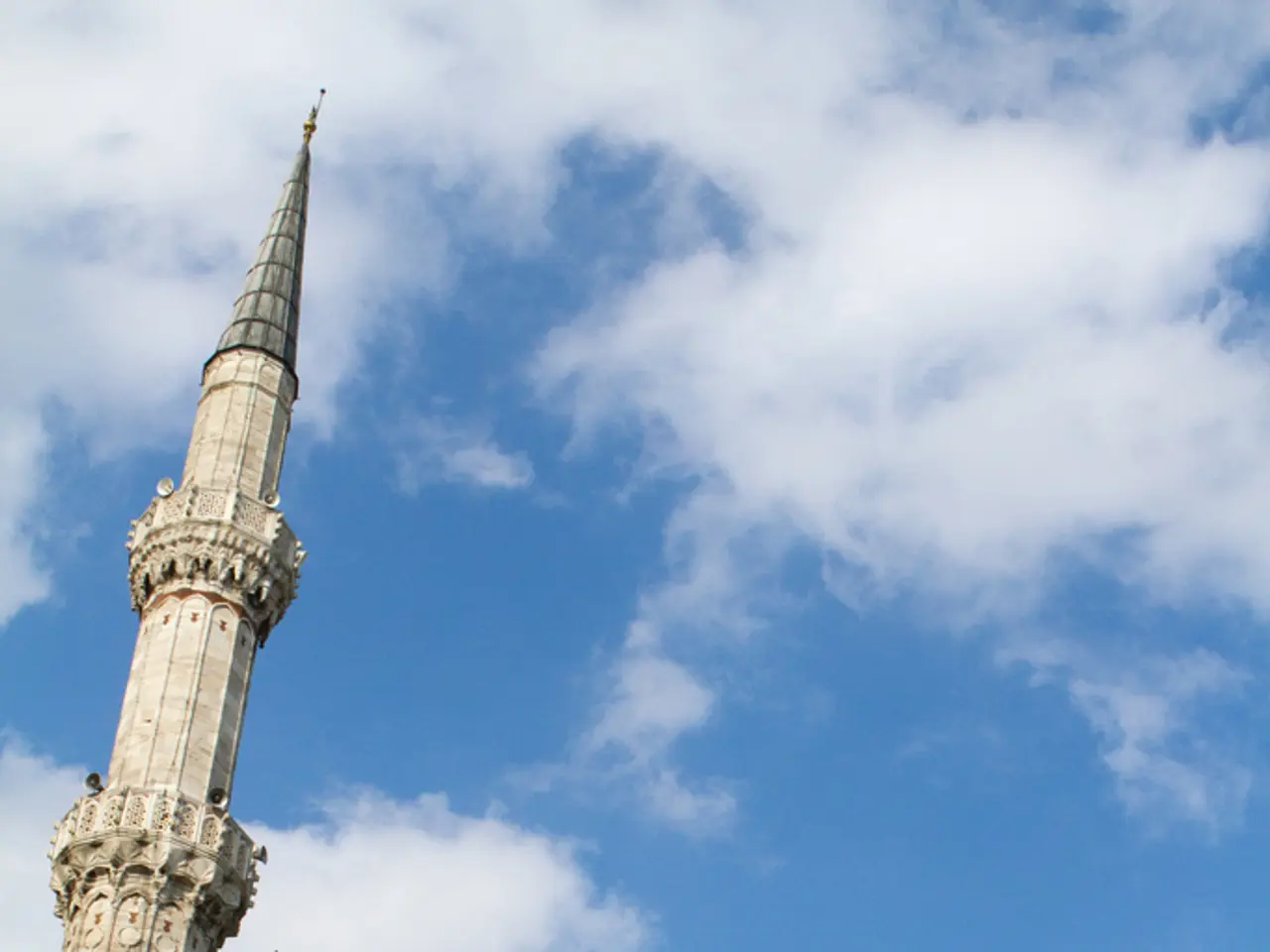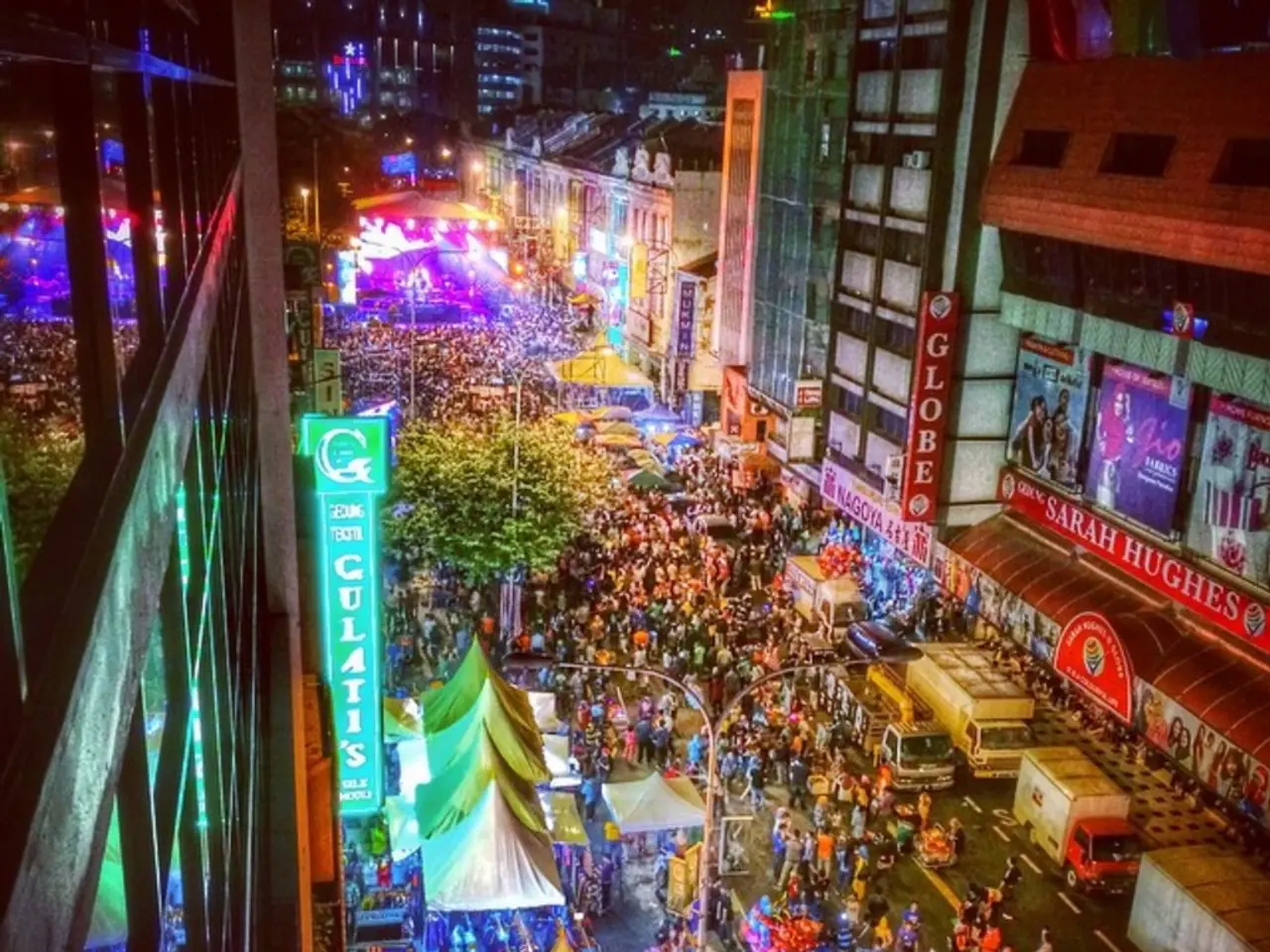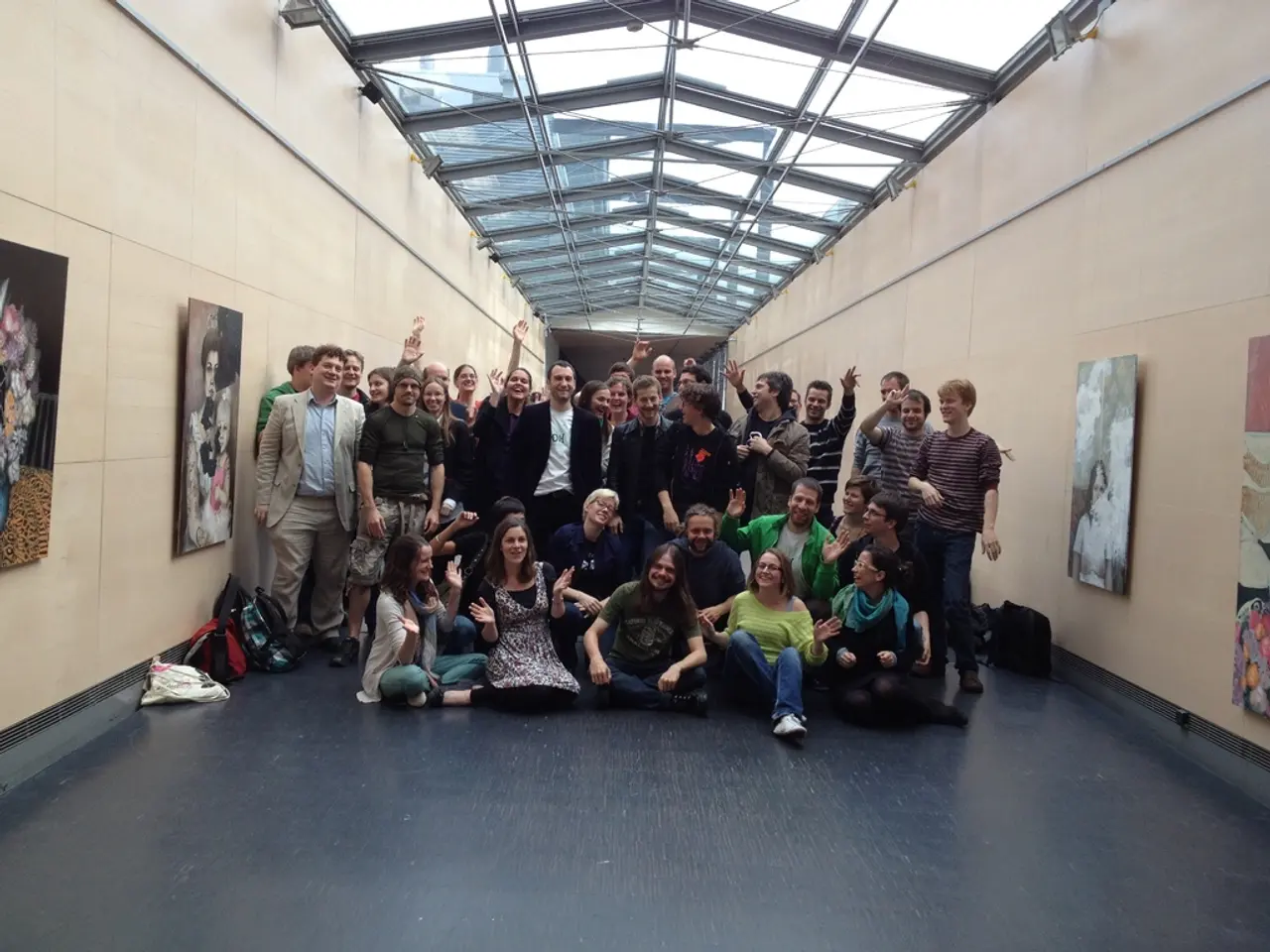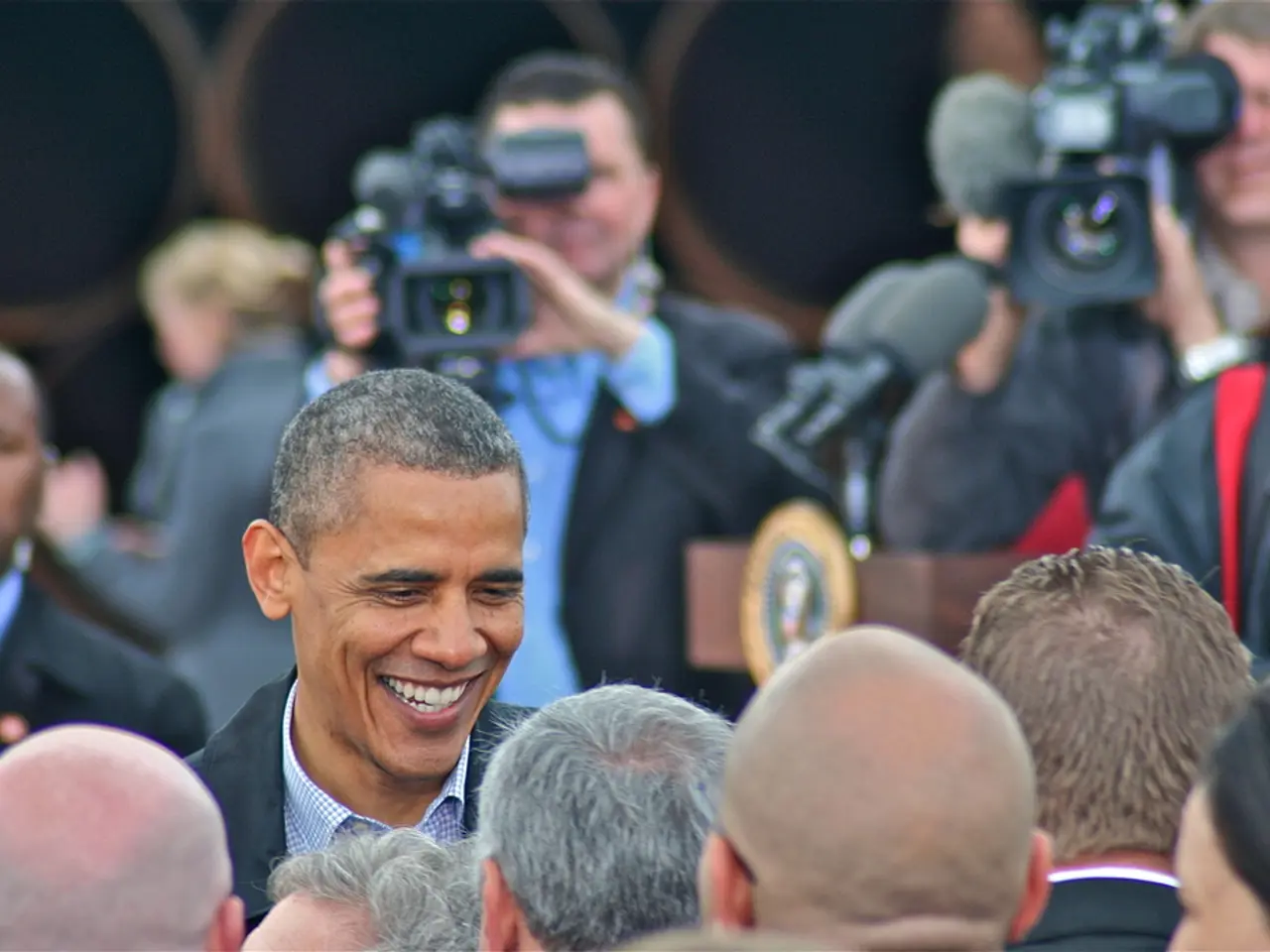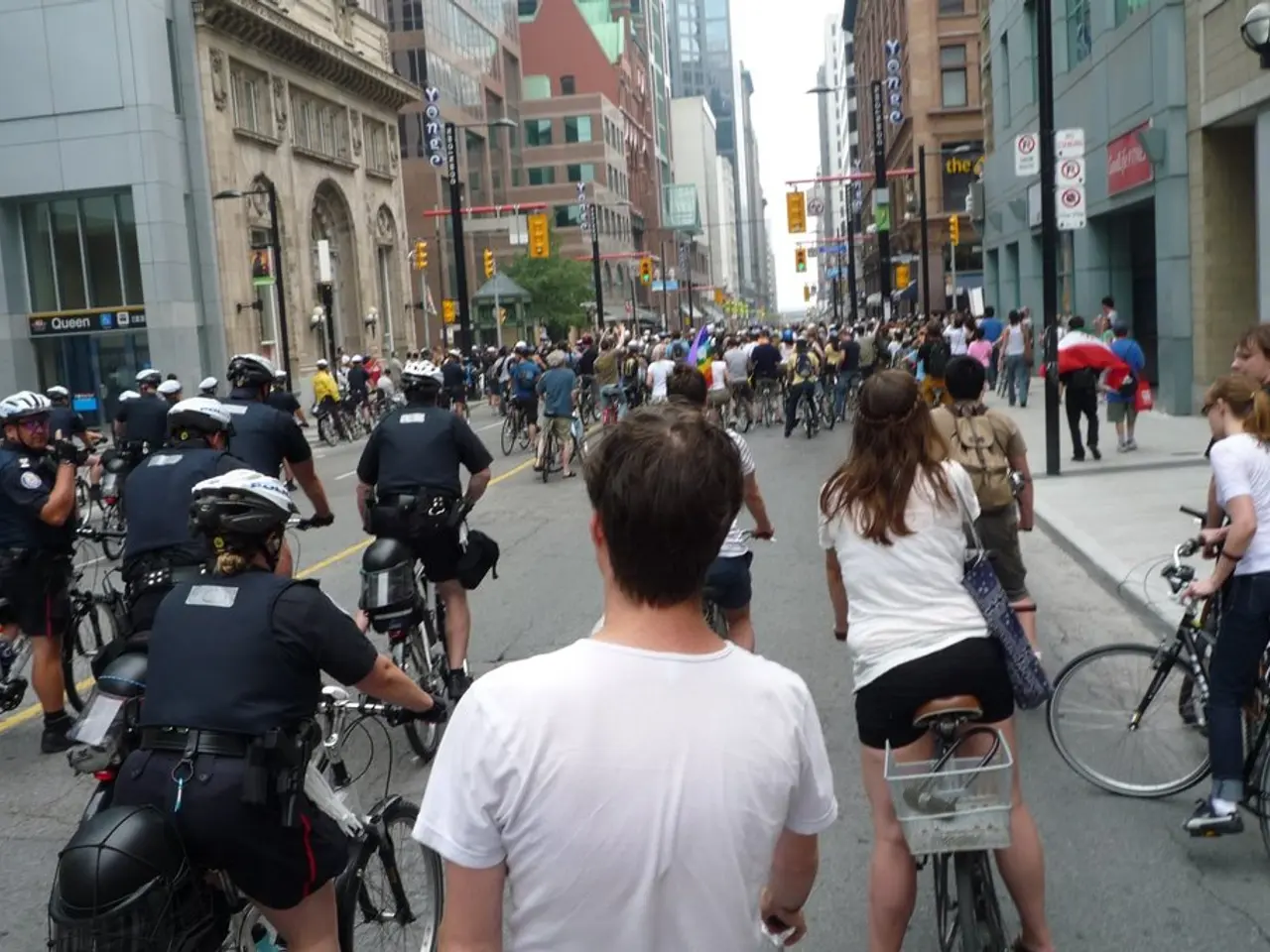Israeli minister's intrusion at Al-Aqsa Mosque draws strong criticism from Pakistan
The Al-Aqsa Mosque in Jerusalem continues to be a hotbed of tension, marked by Israeli restrictions and Palestinian warnings of attempts to change the site’s status. Recently, Israeli authorities extended a ban on Sheikh Mohammed Hussein, the grand mufti of Jerusalem, from entering the mosque for six months following his sermon criticizing Israeli policies toward Gaza.
In a series of controversial visits, some Israeli government ministers, accompanied by Israeli settler groups and protected by police, stormed the Al-Aqsa Mosque complex. These visits have sparked strong international condemnation, with countries like Qatar, Turkey, Saudi Arabia, and Jordan labeling them as violations of international law.
The Palestinian authorities have issued warnings against planned mass incursions by illegal Israeli settlers into the mosque compound, seeing these actions as attempts to change the historical and religious status quo of Al-Aqsa. The Palestinian Ministry of Endowments and Religious Affairs has linked these actions to broader Israeli violations in Gaza and the West Bank.
Pakistan's Prime Minister Shehbaz Sharif has also condemned these actions, stating that they are deliberately inflaming tensions in Palestine and the wider region, pushing the Middle East closer to further instability and conflict. Sharif wrote on social media platform X that the visit was a sacrilege against one of Islam's holiest sites and a direct assault on international law.
In response to the escalating situation, the Pakistani foreign office has urged the international community to take immediate and concrete steps to hold Israel accountable for its illegal actions and to protect the religious sanctity of Al-Aqsa Mosque. During its presidency of the United Nations Security Council (UNSC) last month, Pakistan refocused global attention on the worsening humanitarian crisis in Gaza.
As a show of solidarity, Pakistan is dispatching a 100-ton humanitarian aid consignment for Gaza on Monday, led by the National Disaster Management Authority (NDMA). This is part of a broader 200-ton humanitarian relief operation being executed through two chartered flights. The total humanitarian aid dispatched by Pakistan to Gaza has now reached 17 consignments, amounting to 1,715 tons.
Sharif has further called for an immediate ceasefire in Gaza and the revival of a "credible" process for a two-state solution, leading to an independent Palestinian state with Al-Quds Al-Sharif as its capital. The aid consignment includes 65 tons of canned food, 20 tons of dry and infant milk, 5 tons of biscuits, and 10 tons of medicines, aiming to alleviate the suffering of the people in Gaza.
The world must not remain silent in the face of such systemic, illegal, inhumane, and unlawful aggression, according to the foreign office. Israel's military operations, which have resulted in the death of over 60,400 Palestinians, according to Gaza Health Ministry's data, have been said to be in response to an assault by Hamas on October 7, 2023, which Hamas claimed was retaliation for decades of oppression by Israel.
[1] Al Jazeera, "Israel bans Jerusalem's grand mufti from Al-Aqsa Mosque for six months," August 7, 2025. [2] Middle East Eye, "Turkey condemns Israeli minister's visit to Al-Aqsa Mosque," August 8, 2025. [3] Anadolu Agency, "Qatar condemns Israeli minister's visit to Al-Aqsa Mosque," August 8, 2025. [4] The Jerusalem Post, "Palestinians warn of mass incursions by Israeli settlers into Al-Aqsa Mosque compound," August 10, 2025. [5] The Times of Israel, "Israeli minister visits Al-Aqsa Mosque, violating decades-old 'status quo' arrangement," August 12, 2025.
[1] The ongoing tension at the Al-Aqsa Mosque in Jerusalem, fueled by Israeli restrictions and Palestinian concerns about altering the site's status, has gained attention in the world of science and general news.
[2] East Asia, particularly Saudi Arabia, has added its voice to the chorus of nations criticizing Israeli actions, characterizing them as breaches of international law.
[3] Arabic art, a significant expression of cultural identity in the Middle East, may reflect the current state of war-and-conflicts and politics within the region, as artists grapple with the ongoing issues in Palestine.
[4] The news of Pakistan's humanitarian aid consignment for Gaza, led by the National Disaster Management Authority, has sparked hope in the Middle East and across the world, offering relief to a much-needed and war-torn area.
[5] As the world grapples with the escalating violence and the plight of the Palestinians, global bodies like the UNSC are under pressure to intervene, reaching for a two-state solution and ensuring the preservation of religious sites like the Al-Aqsa Mosque.
[6] In the face of the recent Israeli military operations, which have led to the devastating loss of over 60,400 Palestinians, according to the Gaza Health Ministry, calls for ceasefires and accountability grow louder in the global community.
